IOB launch at QMUL
The Institute of Bioengineering (IOB) launched an exciting, cross-disciplinary event at Queen Mary University of London. The event brought together scientists, engineers and clinicians from the Faculty of Science and Engineering (S&E) and the Barts and the London School of Medicine (SMD).
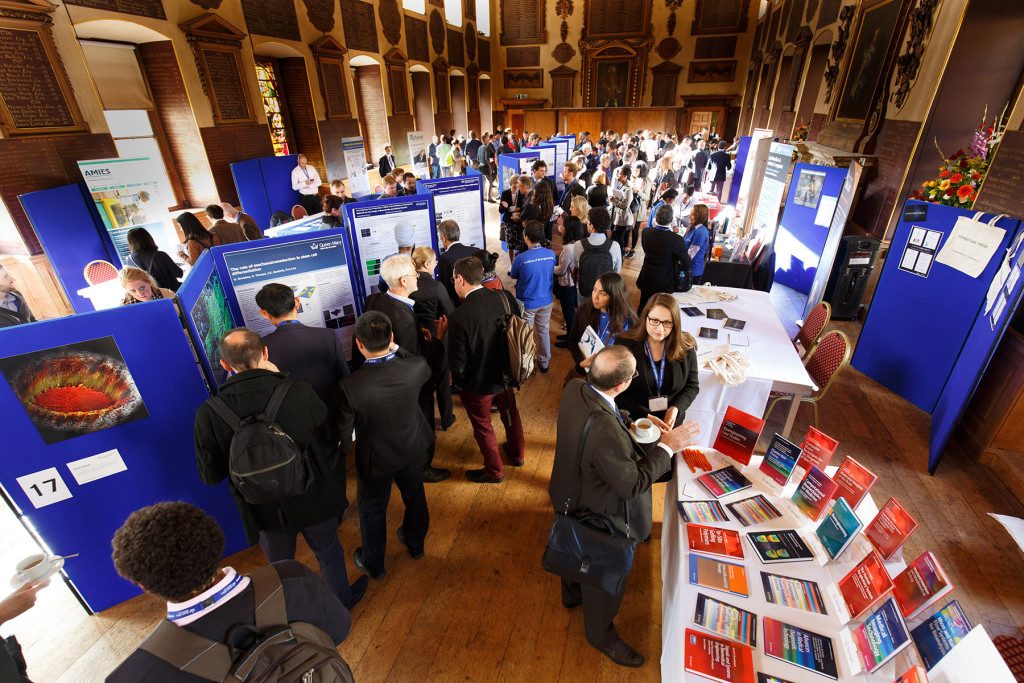
The IOB launch event was held at The Great Hall, St Bartholomew’s Hospital, London
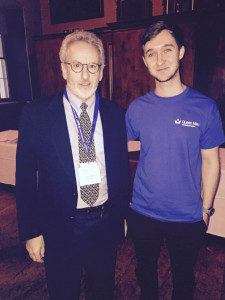
medicine cross-disciplinary science
with Donald Ingber
Plenary talks were given by Professor Donald Ingber from the Wyss Institute at Harvard University. He pioneered microfluidics for engineering kidneys, liver or lung using “organs-on-chips” technologies created with microfabrication techniques that replicate both the mechanisms and structures in 3D. His innovations for breakthrough products in cross-disciplinary research are being tested in human clinical trials. A few examples include therapeutic cancer vaccines that function as artificial lymph nodes; nanotherapeutics that target to vascular occlusion sites such as artificial platelets; self-assembling DNA based nanorobots that can be programmed to kill tumour cells and a biospleen device that cleanses blood of pathogens and toxins in septic patients. Donald Ingber also developed automated systems for real-time analysis of cellular responses to pharmaceuticals and toxins, making his discoveries truely groundbreaking and inspirational.
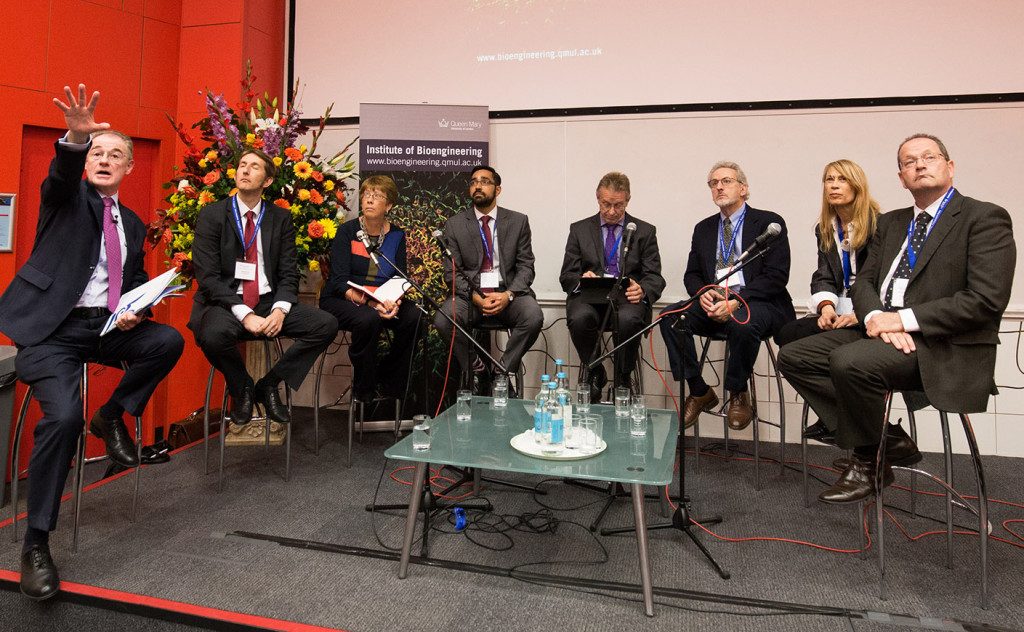
There were scientific sessions from the centre leads (Mark Caulfied, Frances Balkwill) followed by debates about the use of animals in research led by GSK, EPSRC, DHT and NC3Rs. EPSRC announced expenditure of up to £821M supporting 582 healthy nation project grants with industry (52%) that crossed multiple disciplines across STEM . However, the government has been hesitant about revealing budgets to both research councils and charities, suggesting that competition for winning grants will be extremely challanging with success rates less than 10%. The general feedback from research councils is 1. collaborate, 2. establish large cross-disciplinary networks with industry and 3. ensure the idea is commercial. Interestingly, Innovate UK is acting as a go between research councils and industry, with the aim of translating ideas into commercial success. Last year, Innovate UK announced a budget of 250-400M, which may or may not be extended to 2016 (£350M).
There was also a poster session where PhD students from the IOB discussed hot of the press multi-disciplinary science with colleagues from different disciplines. In particular, David Barrett gave a presentation on bioengineering strategies to repair the amniotic membrane and stop premature births. This project is funded by the RoseTrees Trust and is co-supervised by Alvaro Mata (IOB Director) and Anna David (UCL).
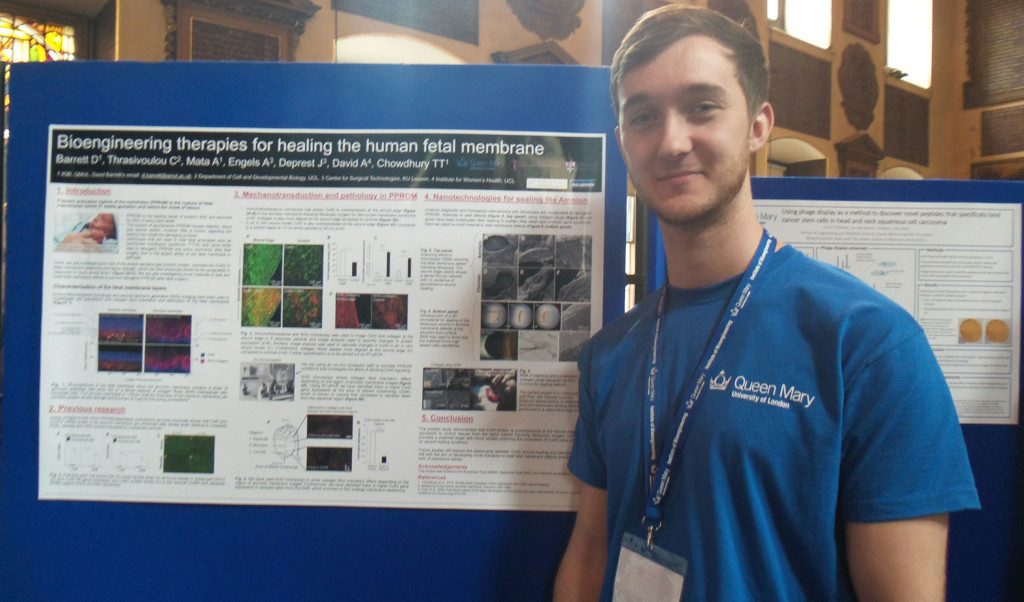
This timely initiative brings together a motivational cohort of creative and visionary researchers who wish to maximise opportunities that wil benefit patient lives. The IOB represents an important framework and together with the Life Science Initiative will create new opportunities that will engage communities in the heart of East London and through internationally leading collaborations, shape the future of healthcare world-wide. We are working closely with Barts Health NHS Trust and partners from higher education, government and charities to address the major public health issues and realise the promise of personalised medicine.
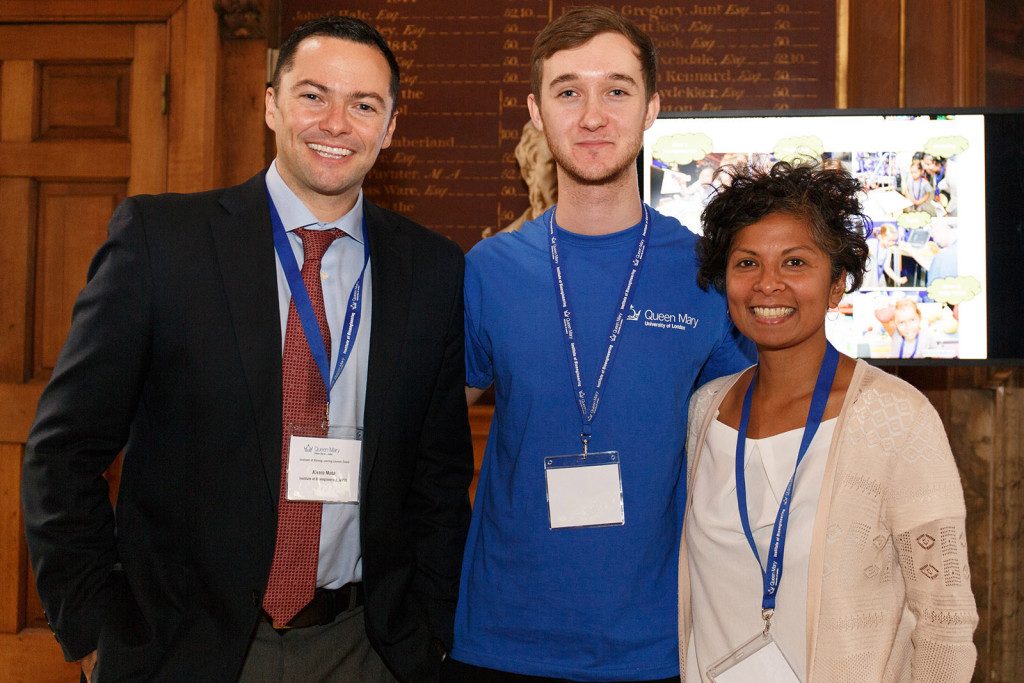
A big thanks to the IOB team for organising a fantastic event and also to my PhD students for helping with the public engagement workshop on bioengineering.
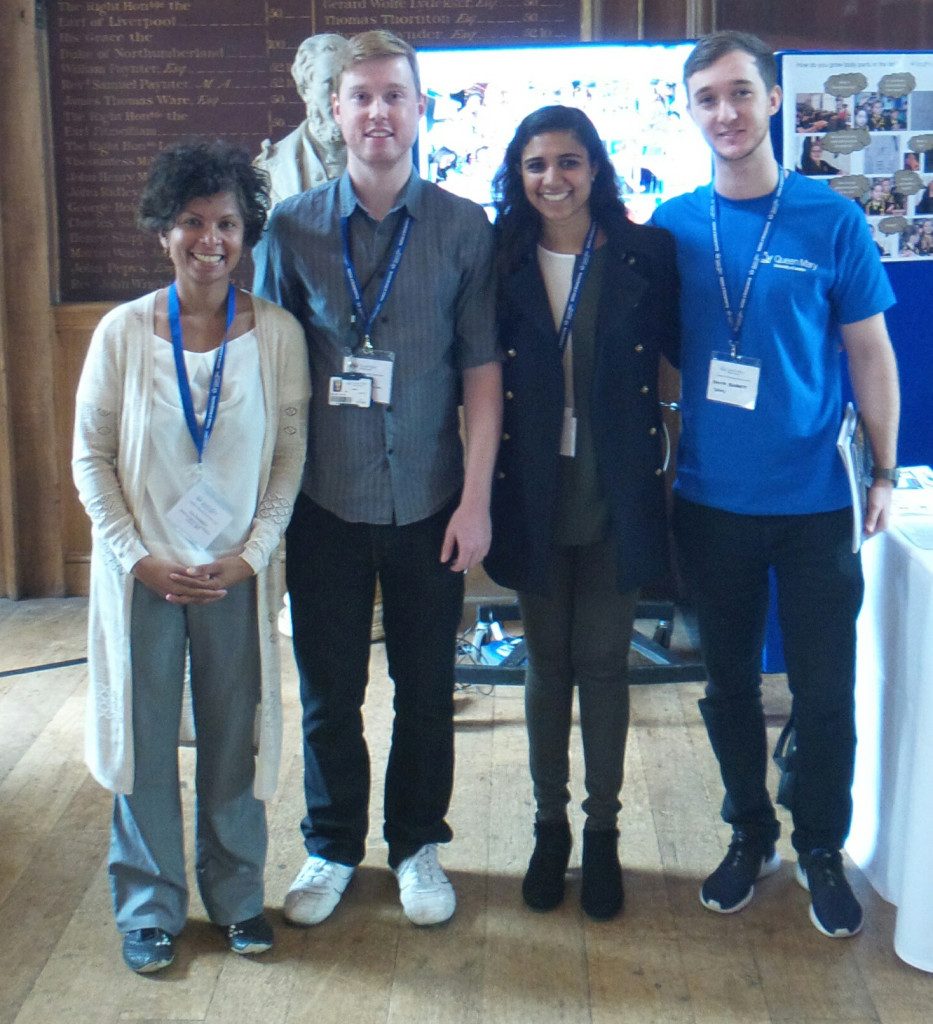
Watch the film…